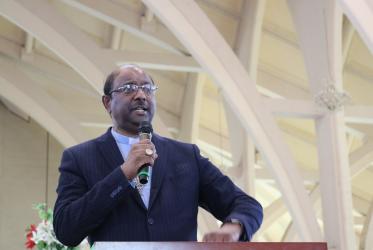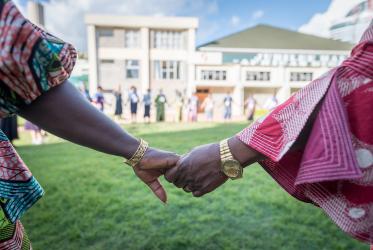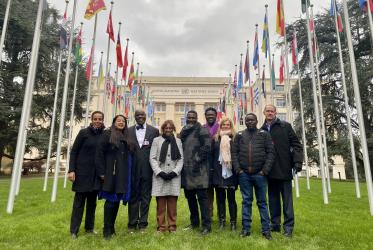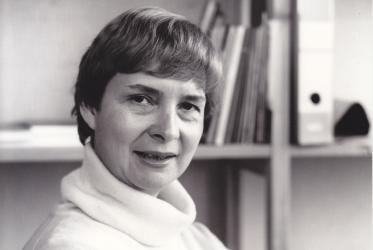by Puleng LenkaBula1
Introduction
This essay engages in socio-ethical analyses of the interconnectedness and relatedness of poverty, wealth, ecology, economy and injustices in Africa, particularly South Africa. Poverty and wealth cannot be understood in isolation from the socio-political, ecological, economic, historical and geo-spatial contexts in which they exist and are encountered. They require urgent attention in the articulation of the Christian faith and praxis in our contemporary society as it poses a lot of challenges for many, particularly women. This implies that theological and ethical reflections must be located in the actual lives of African communities and the earth, in order to understand how they deny or enhance the lives of humanity and that of the earth.
Doing theology/ ethics in Africa calls for the utilization of dialogical or multi-dialogical and multi-disciplinary approaches with the social and human sciences in order to illumine and promote a more detailed comprehension of poverty, wealth and ecology. Its benefits include the clarification of issues; the enrichment of the hermeneutical/ interpretative task of ethics, particularly in evaluating the nature and functioning of society, and the ways poverty and wealth are interpreted and lived out.
The employ of multi-disciplinary approaches to Christian ethics supports the systematic and detailed comprehension of the functioning of social order and relations, and the decisions, systems and structures which generate oppression of persons, groups, and the web of life, in the economy and ecology. It also relates faith/ theology and ethics to its own cultural and socio-economic and political/ ecological circumstances, and is thus entails a contextually sensitive and explicit appreciation of these concerns.
Doing theology, as African Christian feminist ethicists suggests, encompasses the daily attempts to live our faith and witness to God in the Contemporary world. It also entails the active participation and leadership in the application of diverse God given gifts and talents, and the construction and articulation of theology and ethics when addressing the problems confronting women and men, children, the earth and our communities in Africa (refer to Njoroge 1997: 78, LenkaBula 2006:94). It is thus the commitment to engage in theological and ethical reflections aimed at, and attempting better lives of humanity and the earth informed by African experiences and Christianity.
This paper is structured into four parts. The first part focuses on definitional dimensions of poverty and wealth. The aim of this section is not only to provide definitions, but to also understand the key contextual factors that shape the ways they are understood, interpreted and also engaged in theological / ethical discourses and praxis. The second part engages in multi-dialogical and multi-disciplinary and social analyses of wealth, poverty, economy and ecology in order to understand their manifestations in Africa. The third part focuses on the theological and ethical interpretative resources for understanding wealth and poverty, in the light of ethics, scriptures, church traditions and the responses of churches to these concerns. It involves drawing upon the sources of theologies and ethics, as understood by women and men in the church and in society in Africa. The sources of theology and ethics that are tapped into are consistent with the African and Christian understanding that, the humanity and dignity of each person is an inherent and constitutive element of their being (ontology) and therefore, its violation constitutes the dehumanization. Any violation of the dignity of humanity ought to be overcome and changed. It is also shaped by the Christian belief that all people are created in the image of God and hence need to be treated with dignity and respect. As well, Christianity and African wisdom teach us that humanity, the earth and the web of life, are interconnected and that all of creation is good. The essay thus concludes with the identification and affirmation of some of the sources of hope and justice which are relevant for the overcoming of injustices in the economy and the earth.
Read the full text of the essay as pdf (89 KB)
1 Dr Puleng LenkaBula teaches Social, Political and Economic Ethics, Feminist/Womanist and African Women's Ethics in the Department of Systematic Theology and Ethics at the University of South Africa (UNISA). Her research interests are in exploring the intersections between economy, ecology and ethics, particularly the areas of the land, property, and intellectual property rights on African Commons and knowledge systems from the perspectives of African Feminist Ethics.





